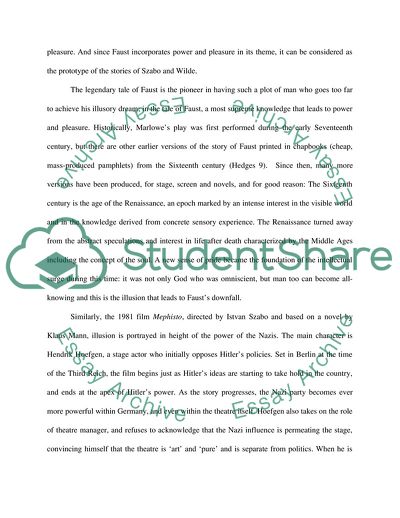Cite this document
(Reality and Illusion in Light of Pride and Vanity Essay, n.d.)
Reality and Illusion in Light of Pride and Vanity Essay. https://studentshare.org/literature/1728395-annotated-bibliography-and-research-paper
Reality and Illusion in Light of Pride and Vanity Essay. https://studentshare.org/literature/1728395-annotated-bibliography-and-research-paper
(Reality and Illusion in Light of Pride and Vanity Essay)
Reality and Illusion in Light of Pride and Vanity Essay. https://studentshare.org/literature/1728395-annotated-bibliography-and-research-paper.
Reality and Illusion in Light of Pride and Vanity Essay. https://studentshare.org/literature/1728395-annotated-bibliography-and-research-paper.
“Reality and Illusion in Light of Pride and Vanity Essay”. https://studentshare.org/literature/1728395-annotated-bibliography-and-research-paper.


